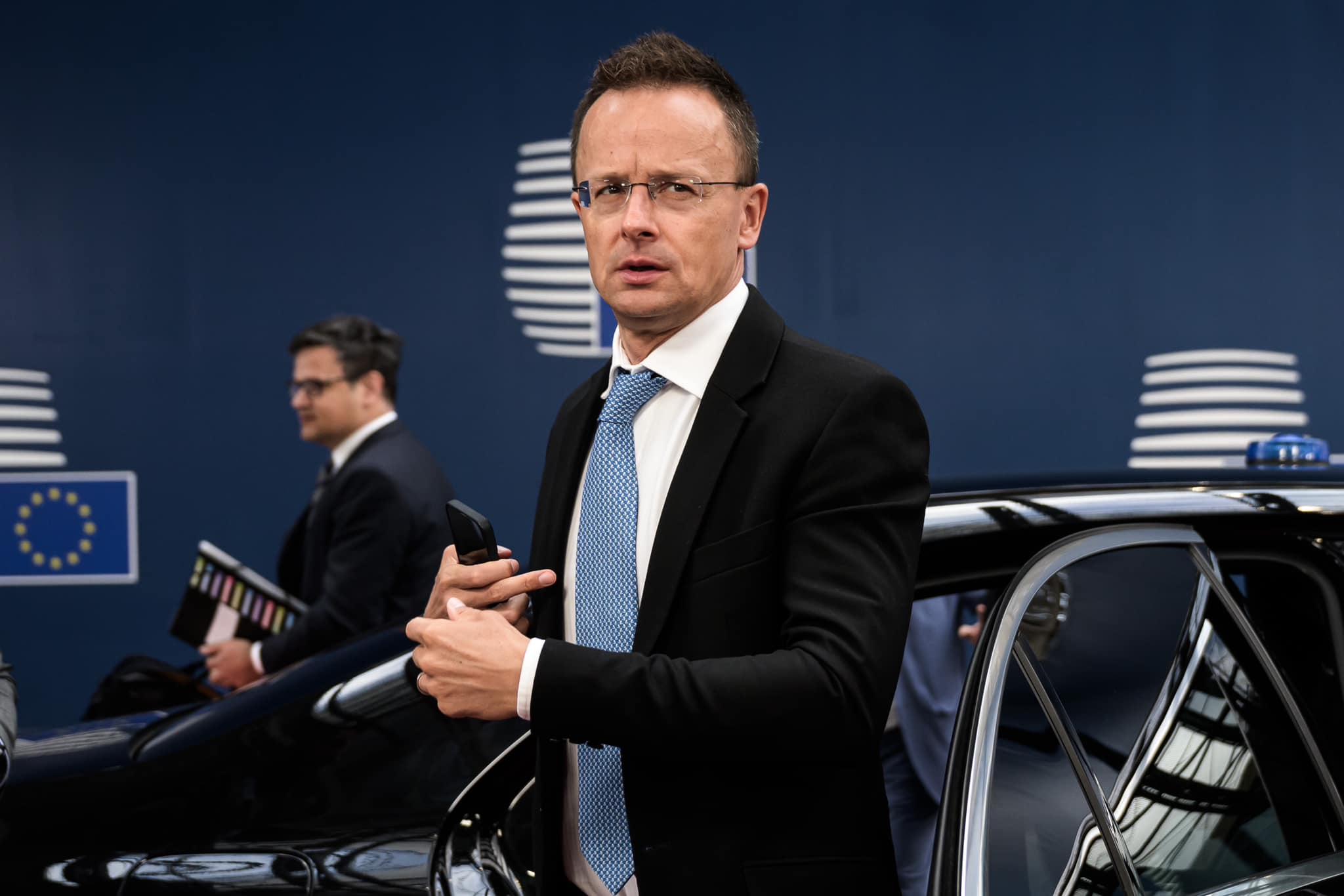Two tough conditions were imposed on the Hungarian bank by the Ukrainian anti-corruption agency.Continue reading

A lot of pressure is expected at the informal European Union Foreign Affairs Council in Toledo, but the government will not give in on the issue of financing arms transfers until its conditions are met, Foreign Minister Péter Szijjártó emphasized.
Before leaving for the meeting in Spain, the minister said that High Representative of the Union for Foreign Affairs and Security Policy, Josep Borrell, had indicated that he would like to have a talk privately with him, or possibly together with the head of Ukrainian diplomacy, Dmitro Kuleba, in order to agree to Hungary’s contribution to the arms transfer of tens of billions of euros to Ukraine.
Of course I will not give in to pressure today. Until we get a detailed, clear account of how the approximately €50-70 billion that has been sent to Ukraine so far has been spent, and until OTP is taken off the list of so-called international sponsors of the war in Ukraine, there is no question of deciding on more money to finance arms or anything else for Ukraine,”
he stressed.
The Foreign Minister underlined that “it is unacceptable that on the one hand Hungary is being asked to send taxpayers’ money to Ukraine, while on the other hand the largest Hungarian financial institution, where three million people have accounts, is kept on the list of international sponsors of the war.”
“Everybody feels it, everybody sees it, everybody knows that this is nonsense, and as long as this nonsense is not cleared up, we are not willing to discuss any financial issue,” he added.
Péter Szijjártó regretted that, as expected, everyone will talk about the war this time as well, but only he will talk about peace. He warned that with each day and each arms shipment, the risk of escalation grows more serious, and each weapon shipped to Ukraine causes more deaths.
The minister also touched upon the recent military coup in Gabon, which would also be discussed at the meeting, and pointed out that this was the eighth such takeover in central and western Africa in three years.
Each of these coups brings the risk of instability, and we know that when there is instability in an African country, in an African region, it is very easy to trigger new waves of migration,”
he said.
“If Brussels continues its pro-migration policy, the pressure on the European continent will be very difficult to resist, and it will require a special effort from the countries that protect the external borders of the European Union,” he pointed out. Hungary is one of these countries, where the authorities have so far this year prevented tens of thousands of illegal border crossings, while the arrivals are becoming increasingly violent, he added.
Via MTI, Featured photo via Facebook/Péter Szijjártó